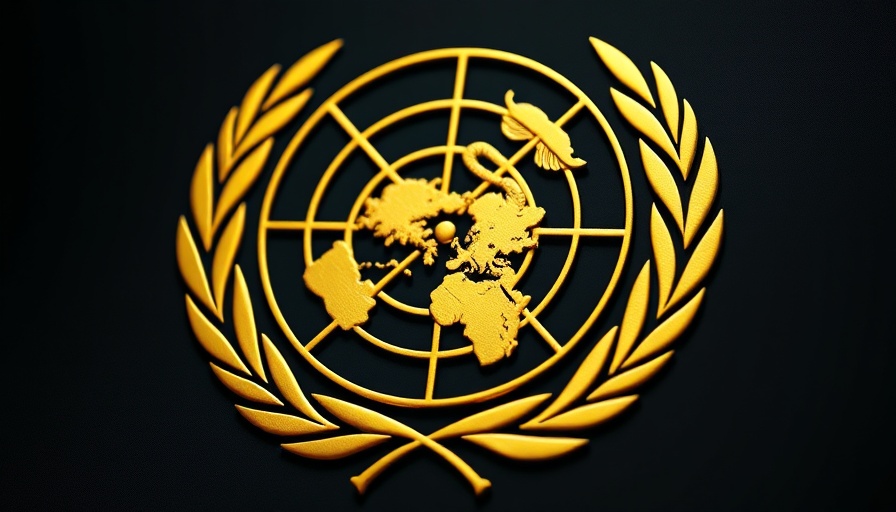
Unraveling the Connections: WHO and Wuhan Researcher Controversy
In a shocking revelation, Jeremy Farrar, the chief scientific officer of the World Health Organization (WHO), has been linked to Peter Daszak, a researcher embroiled in controversies surrounding bioweapons research in Wuhan, China. This relationship raises eyebrows over the WHO's commitment to transparency as they investigate the origins of SARS-CoV-2 and the implications of such partnerships in their responses to global health crises.
The Heart of the Controversy
This collaboration has surfaced as part of a broader critique against the WHO's reliability in managing the COVID-19 origins investigation. The allegations that Daszak conducted controversial experiments involving coronaviruses have compounded suspicions about potential conflicts of interest and ethical breaches within key scientific entities. Many are calling for a thorough investigation to determine if such partnerships undermine scientific integrity and public trust.
The Implications of Scientific Integrity
As global citizens, the implications of these findings cannot be understated. This association with Daszak, often accused of being involved in questionable experiments, throws into question the credibility of the WHO and its investigators. Debates are swirling about what this means for the future of public health policies and scientific research integrity when pivotal organizations are entangled in conflicts of interest.
Public Trust and Accountability
The growing critique surrounding Farrar’s relationships with researchers under scrutiny reflects a deeper need for accountability in health governance. In a world increasingly reliant on scientific guidance in public health decisions, stakeholders must prioritize transparency about affiliations and funding sources to maintain public trust. For those of us invested in improving health and understanding the scientific process, learning about these dynamics empowers us to advocate for better policies and practices.
Looking Ahead: The Future of Health Governance
As we move forward, discussions surrounding these revelations offer a unique opportunity for more robust discussions about the frameworks that govern research and publicly funded health organizations. Emphasizing ethical practices, stringent independence, and public accountability could reshape the landscape of health policy in a way that reinstates trust and integrity in scientific institutions.
 Add Row
Add Row  Add
Add 




 Add Row
Add Row  Add
Add 



Write A Comment